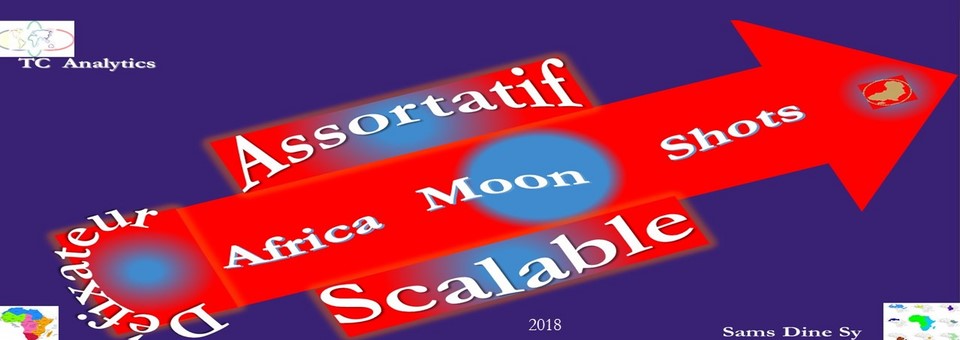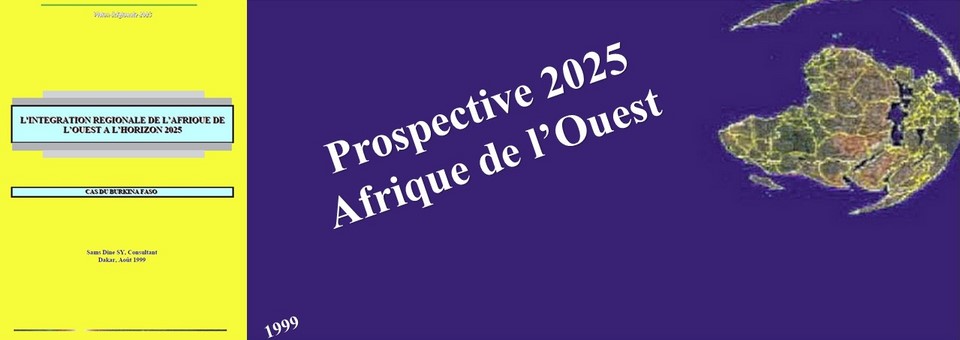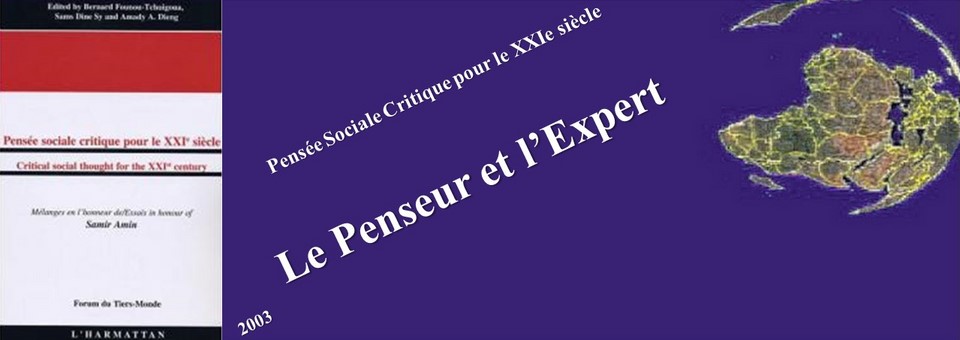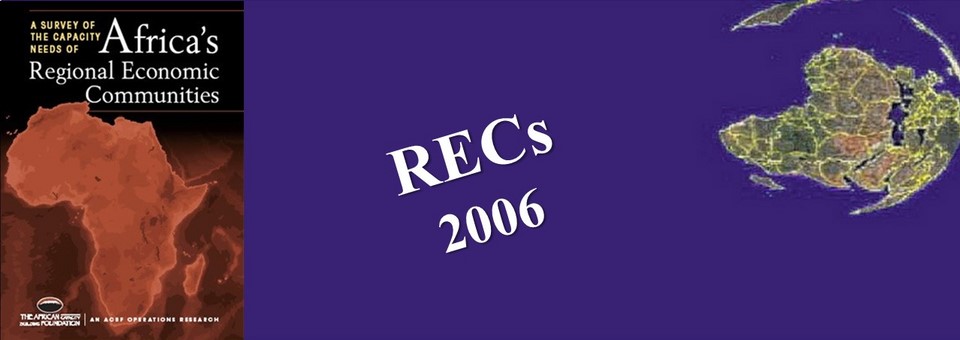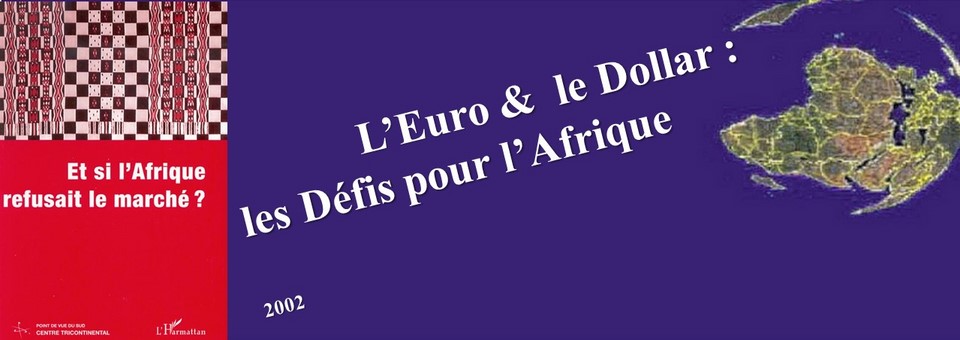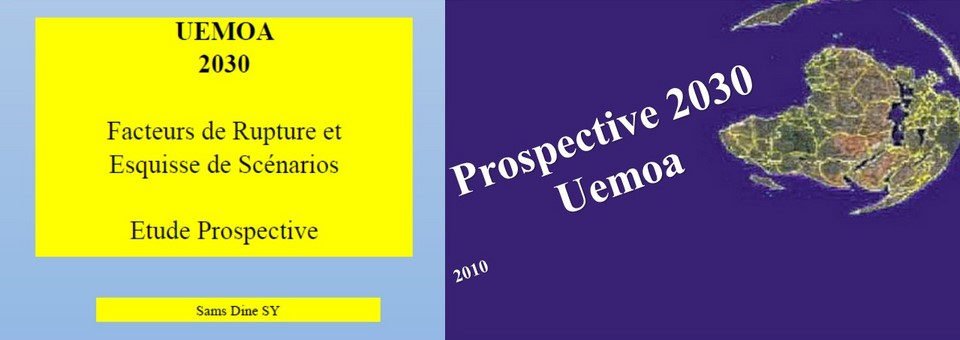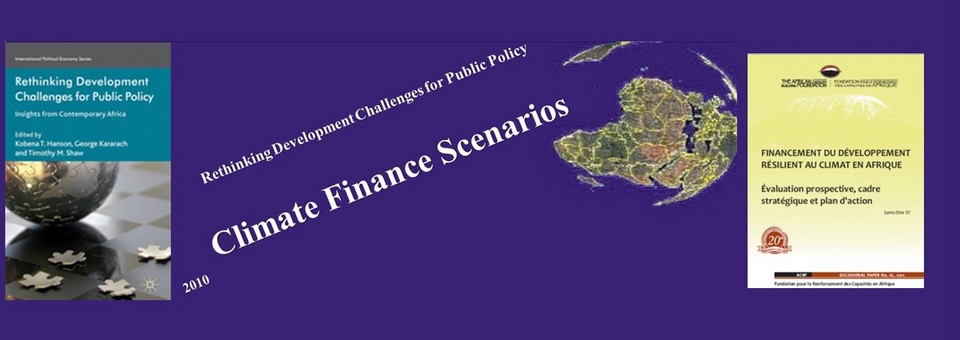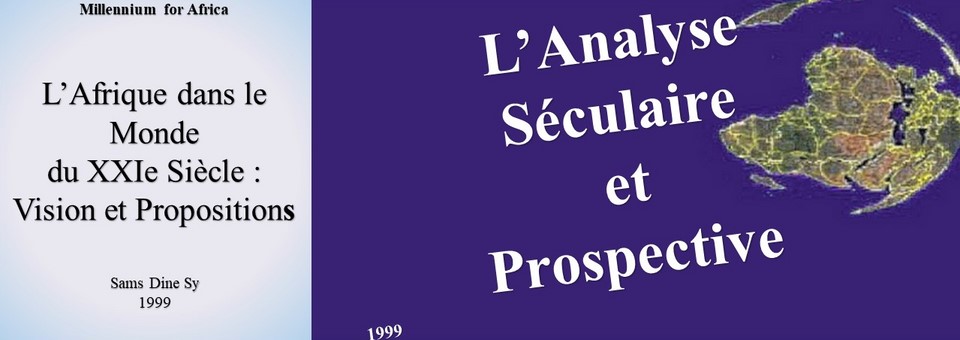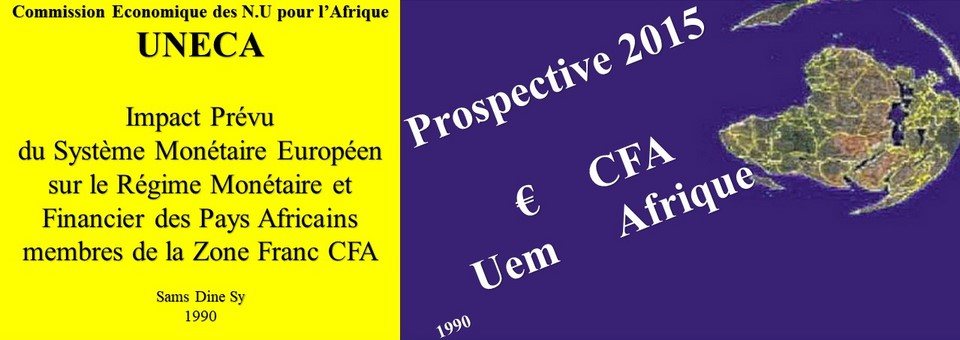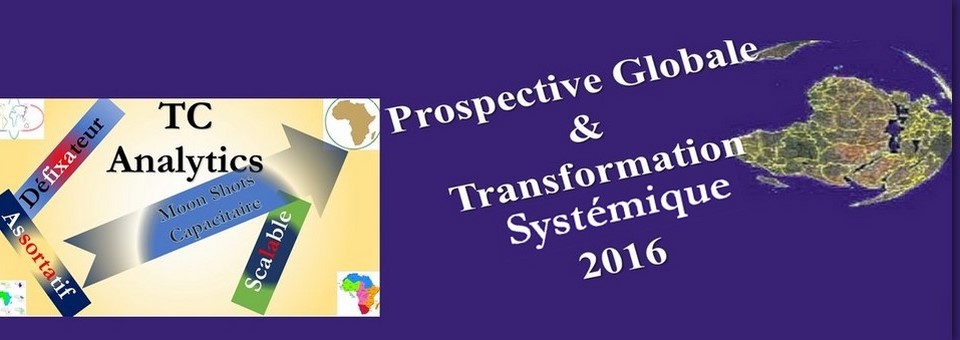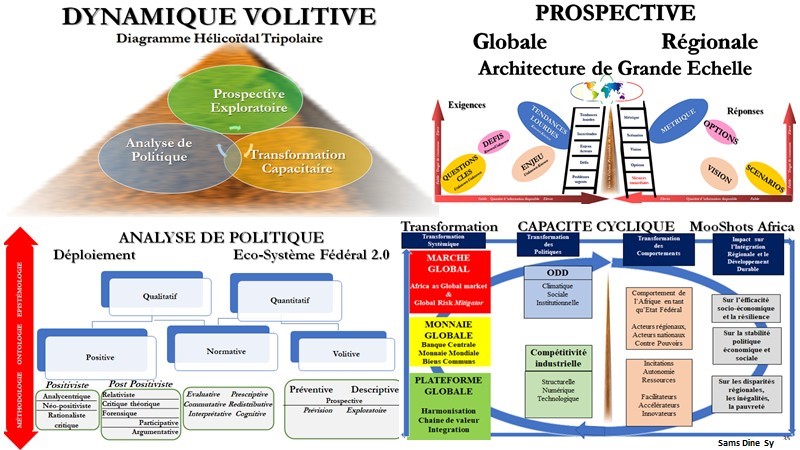The Guinean Turn
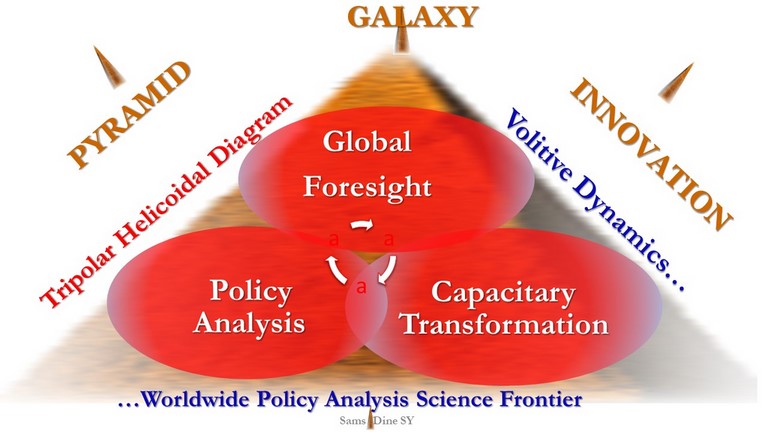
The Guinean Turn09/14/2021
09/14/2021
Guinea, name claimed by a Gulf and 3 countries (Bissau, Equatorial, Conakry). A unique fact in the Westphalian annals since the positivist hard core organizes the state around the principle of sovereignty, a belief that has become sacred to the point that any abandonment amounts to betrayal. For this reason alone, Guinea - as well as any entity common to or crossing several states - should be sanctuarized as a driving force for regional integration (rivers, mountains, spaces, communities...).
Guinea is above all the first-mover, both rebellious and integrative by its membership of two groups. The first is formed by the 6 territories that dared before 60 to withdraw from the Franc Zone which then had 36; even if it means suffering repeated assaults of destabilization. The second is composed of the 7 countries of the West African Monetary Zone (WAMZ) promoters since 2000 of the first regional currency (Eco) with a continental aim despite the procrastination of the other countries of the Economic Community of West African States (ECOWAS) and the Economic and Monetary Community of Central Africa (CEMAC) still clinging to the Franc Zone. This dual membership makes Guinea a major regional player and a challenge coveted by the great and medium powers given its capacity to train the rest of the continent. This exceptional country is at the center of an unlikely deal of the type of exchange of favor (Eco-Booty= 3rd Mandate) that the putsch has just disrupted while raising more questions than it brings answers. "Signal or Noise" (Nate Silver, 2012 The Penguin Press)? Signal of the success or failure of the deal? Confused or complex noise? Before constructing these scenarios, a Guinean retrospective is necessary around events that these three words summarize: humiliation, sovereignty, integration.
The Great Humiliation (50s)
The monetary rupture of 1959 triggered by Guinea is perceived as one humiliation too many after the rout of Suez (1956), exactly a century (1859) after the beginning of the construction of the Canal. Too much, because it comes two decades after African soldiers supported by the Us had narrowly managed to avoid the disappearance of Europe from the map of the world, victim of its own tragedies without it drawing the slightest lesson in its relations with other continents. The rupture accelerates the access of other African countries to sovereignty and regional integration. In response, the principle that any leader who lets go of a territory or an archipelago from empires will be accused of high treason and exposes his country to a putsch is set in stone.
The principle is all the more intangible since the former empires that became allies of the United States had ceded the resources of the colonies to be eligible for the Marshall Plan in a deal that has remained confidential to this day called "counter-value device". The link between free access to the resources of the former colonies and American - and therefore European - expansion had also radically changed the attitude towards Africa, whose population growth was perceived as a threat, following the first prospective report of the modern era "Resources for freedom", William S. Paley, 1952" submitted to President Truman.
The emancipation of the continent being therefore excluded, despite international pressure, it was necessary to avoid another humiliation that could jeopardize the success of the Marshall Plan. The accession of the colonies to independence is then organized around a metaphor inherited from the King of the Code "if you want to see the Sun, grind black!", assumed by the Emperor of the Slave Trade "Pourvou qu'ça doure! " and taken up by the General of Dance when he declares aloud "If they want independence let them learn it” (the cha-cha). The lack of understanding of the meaning of a sentence causes misunderstandings, provokes slippages and crimes. The territories that thought they had joined Guinea realized three decades later that independence is not a dance; it is not taken but is torn away.
Deprived by austerity programs of the means to exercise it, African countries are strengthening their cooperation without choosing between the positive or negative integration model or solving the equation of competences between monetary zones and regional blocs that mainly concern the ECOWAS/UEMOA and ECCAS/CEMAC couples. It divides the 3 Guineas; Conakry having become in the meantime the only one to preserve it while Bissau and Malabo join the CFA Zone. This question is also entering Europe in an acute phase with the alternative between deepening towards monetary and then political union and enlargement to the whole of Europe. The first term structures the European Economic and Monetary Union (EMU) Program, which the United Kingdom rejects on the grounds that there is no alternative (TINA) to enlargement. To convince his partners, he first put forward the project of the Hard Ecu, unconvincing then that of opening up to European countries the former Soviet Union which won the accession of Germany. The United Kingdom joined the European Monetary System (EMS) in October 1990, i.e., 3 days after the entry into force of German reunification, while refusing to subscribe to the first stage of EMU. He thus won a double victory: take full advantage of the "Europe without shores", block the international expansion of the Euro while allowing himself the opportunity to exit in due course. The only way to preserve the international status of the Euro is then to preserve the African acquis, thus discouraging any desire for integration except around the FCFA Zone. Attacks by denial of sovereignty multiplied throughout the 90s and 2000s: devaluation of the Fcfa, massive capital escapes, destruction of the Censad, sabotage of the Eco...
Brexit experienced as a failure of the European Union (EU) comes simultaneously with the announcement of ECOWAS member countries to launch their own currency thus breaking ties with the Euro. The coincidence of these two decisions represents an existential threat and another humiliation that is likely to be fatal to the Eurozone. This unacceptable decision triggers the survival strategy to repair the mistakes made in the 90s, block the project of Global Britain in Africa, slow down the progress of other powers by relying on NATO with the risk of finding themselves as in the aftermath of the great war at the mercy of the United States. The objective is to strengthen the international dimension of the Euro: in the immediate future to preserve the status quo; in the short term, to double the number of countries of which it is the reserve currency (West and Central Africa); and in the medium term, to triple this number by bringing back to the fold all the countries that have set sail, to anchor the continent to Europe.
Guinea, ideal prey
Hence - in defiance of the values of the EU - this suggestion implicit in all the speeches and actions taken since the decision to create the Eco: "the 3rd mandate acquired for the one who returns to the fold or brings back one of the countries that have taken off (Guinea, Lebanon, Maghreb, Madagascar what are you waiting for? ) ; a lifetime annuity for those who attract an African heavyweight to the Fvfa Zone:(Nigeria, Ghana, Kenya out of pity! ) ». A dream deal for any leader in search of absolute power or frightened by the idea of losing it. Beyond this significant personal dimension, it is in Guinea that it is possible to play on all fronts: return to the fold, create a situation of exchange of favor with another friendly country of the Fcfa Zone, lead the Zmao in its wake. Why has she not yet joined the Fcfa Zone after obtaining the 3rd mandate? Does the putsch operate as a sanction? Four scenarios unfold the possible answers.
Guinea is above all the first-mover, both rebellious and integrative by its membership of two groups. The first is formed by the 6 territories that dared before 60 to withdraw from the Franc Zone which then had 36; even if it means suffering repeated assaults of destabilization. The second is composed of the 7 countries of the West African Monetary Zone (WAMZ) promoters since 2000 of the first regional currency (Eco) with a continental aim despite the procrastination of the other countries of the Economic Community of West African States (ECOWAS) and the Economic and Monetary Community of Central Africa (CEMAC) still clinging to the Franc Zone. This dual membership makes Guinea a major regional player and a challenge coveted by the great and medium powers given its capacity to train the rest of the continent. This exceptional country is at the center of an unlikely deal of the type of exchange of favor (Eco-Booty= 3rd Mandate) that the putsch has just disrupted while raising more questions than it brings answers. "Signal or Noise" (Nate Silver, 2012 The Penguin Press)? Signal of the success or failure of the deal? Confused or complex noise? Before constructing these scenarios, a Guinean retrospective is necessary around events that these three words summarize: humiliation, sovereignty, integration.
RETROSPECTIVE
The Great Humiliation (50s)
The monetary rupture of 1959 triggered by Guinea is perceived as one humiliation too many after the rout of Suez (1956), exactly a century (1859) after the beginning of the construction of the Canal. Too much, because it comes two decades after African soldiers supported by the Us had narrowly managed to avoid the disappearance of Europe from the map of the world, victim of its own tragedies without it drawing the slightest lesson in its relations with other continents. The rupture accelerates the access of other African countries to sovereignty and regional integration. In response, the principle that any leader who lets go of a territory or an archipelago from empires will be accused of high treason and exposes his country to a putsch is set in stone.
The principle is all the more intangible since the former empires that became allies of the United States had ceded the resources of the colonies to be eligible for the Marshall Plan in a deal that has remained confidential to this day called "counter-value device". The link between free access to the resources of the former colonies and American - and therefore European - expansion had also radically changed the attitude towards Africa, whose population growth was perceived as a threat, following the first prospective report of the modern era "Resources for freedom", William S. Paley, 1952" submitted to President Truman.
The emancipation of the continent being therefore excluded, despite international pressure, it was necessary to avoid another humiliation that could jeopardize the success of the Marshall Plan. The accession of the colonies to independence is then organized around a metaphor inherited from the King of the Code "if you want to see the Sun, grind black!", assumed by the Emperor of the Slave Trade "Pourvou qu'ça doure! " and taken up by the General of Dance when he declares aloud "If they want independence let them learn it” (the cha-cha). The lack of understanding of the meaning of a sentence causes misunderstandings, provokes slippages and crimes. The territories that thought they had joined Guinea realized three decades later that independence is not a dance; it is not taken but is torn away.
Monetary sovereignty (90s)
Deprived by austerity programs of the means to exercise it, African countries are strengthening their cooperation without choosing between the positive or negative integration model or solving the equation of competences between monetary zones and regional blocs that mainly concern the ECOWAS/UEMOA and ECCAS/CEMAC couples. It divides the 3 Guineas; Conakry having become in the meantime the only one to preserve it while Bissau and Malabo join the CFA Zone. This question is also entering Europe in an acute phase with the alternative between deepening towards monetary and then political union and enlargement to the whole of Europe. The first term structures the European Economic and Monetary Union (EMU) Program, which the United Kingdom rejects on the grounds that there is no alternative (TINA) to enlargement. To convince his partners, he first put forward the project of the Hard Ecu, unconvincing then that of opening up to European countries the former Soviet Union which won the accession of Germany. The United Kingdom joined the European Monetary System (EMS) in October 1990, i.e., 3 days after the entry into force of German reunification, while refusing to subscribe to the first stage of EMU. He thus won a double victory: take full advantage of the "Europe without shores", block the international expansion of the Euro while allowing himself the opportunity to exit in due course. The only way to preserve the international status of the Euro is then to preserve the African acquis, thus discouraging any desire for integration except around the FCFA Zone. Attacks by denial of sovereignty multiplied throughout the 90s and 2000s: devaluation of the Fcfa, massive capital escapes, destruction of the Censad, sabotage of the Eco...
Integration (20s)
Brexit experienced as a failure of the European Union (EU) comes simultaneously with the announcement of ECOWAS member countries to launch their own currency thus breaking ties with the Euro. The coincidence of these two decisions represents an existential threat and another humiliation that is likely to be fatal to the Eurozone. This unacceptable decision triggers the survival strategy to repair the mistakes made in the 90s, block the project of Global Britain in Africa, slow down the progress of other powers by relying on NATO with the risk of finding themselves as in the aftermath of the great war at the mercy of the United States. The objective is to strengthen the international dimension of the Euro: in the immediate future to preserve the status quo; in the short term, to double the number of countries of which it is the reserve currency (West and Central Africa); and in the medium term, to triple this number by bringing back to the fold all the countries that have set sail, to anchor the continent to Europe.
Guinea, ideal prey
Hence - in defiance of the values of the EU - this suggestion implicit in all the speeches and actions taken since the decision to create the Eco: "the 3rd mandate acquired for the one who returns to the fold or brings back one of the countries that have taken off (Guinea, Lebanon, Maghreb, Madagascar what are you waiting for? ) ; a lifetime annuity for those who attract an African heavyweight to the Fvfa Zone:(Nigeria, Ghana, Kenya out of pity! ) ». A dream deal for any leader in search of absolute power or frightened by the idea of losing it. Beyond this significant personal dimension, it is in Guinea that it is possible to play on all fronts: return to the fold, create a situation of exchange of favor with another friendly country of the Fcfa Zone, lead the Zmao in its wake. Why has she not yet joined the Fcfa Zone after obtaining the 3rd mandate? Does the putsch operate as a sanction? Four scenarios unfold the possible answers.

Ket-Words
3rd Mandate – Eco – Euro – Dollar - ScaN - B3W - Triple Helix- Pyramid Galaxy Innovation -Versailles Innovation Galaxy – Signal – Noise – Humiliation – Sovereignty – Integration - Silicon Valley - Scénarios
FORESIGHT
The deal failure
The "deal success" scenario sends a signal to all the budding putschists and arouses vocations throughout the Southern Mediterranean area (North, West, Central Africa). The adoption of the Eco during the transition period, in contradiction with the 2027 deadline and the agreed process, sounds like a thunderclap in Africa and attracts external support to Guinea. But the pegging of the Guinean Eco to the Dollar and not to the Euro reveals an interlocking deal. In the meantime, the United States had launched several large-scale initiatives whose aim is to reconnect with the "American Century" by drawing on the lessons of the experience of the interwar years with the creation by the military-industrial-academic complex of the "Industrial Versailles" (Stuart Leslie, 1994 and 2001) in Silicon Valley on the model of the "Triple Helix". The 3 helix are deployed this time around NASA's SCaN initiative which identifies the US with the " Versailles Innovation Galaxy" and expands Build Back Better Word (B3W) to the Rest of the World (ROW) The 1st helix unfolds in a Europe that, in order to survive, accepts the fusion absorption within the Federal State to reverse the demographic trends that made ethnic and racial minorities the only sources of growth of its population. The 2nd helix targets Asia to contain China, pacify West Asia disruptive focus after the unprecedented success of the "Nation DeBuilding", far from the image given by the media and remotely controlled think-tanks. Finally, the 3rd helix makes Guinea the laboratory responsible for solving the equation of growth (economic) = degrowth (demographic); the survivors are reduced to the status of indigenous peoples within protected areas and providers of ecosystem services to countries with codified privileges; the principle "resources for freedom" is concretized with free access to the country's water and mineral resources. The Guinean Turning Point makes it the new Service Station of imperial expansion reducing Africa to a space to be protected from its population.
The "failure of the deal" scenario restores the image of the real Guinea, spurring a new dynamic of regional integration. The transition organized as a commando operation lifts all international sanctions. The country is united around the preservation of the image of first-mover, rebel and integrator. The rejection of the deal decouples Euro and Fcfa and dates the origin of the " Galaxy Pyramid Innovation " type approach based on a "Tripolar Helicoïdal Diagram" organized around Africa, the World and Humanity. The new cycle of systemic transformation opens the era of the post-Westphalian federal state. Conventions and agreements that promoted over-indebtedness, mass capital flight and the erosion of export earnings are becoming obsolete. Bilateral aid is prohibited throughout the continent. The United Nations becomes the obligatory and depersonalized passage of all forms of cooperation or partnership. Public policies at any level are conducted in "Fast-Track Access" mode in the primary sense of the term: to reduce to the strict minimum the distance between research and action on the ground until the last mile and thus serve as a model for other regions of the world. Poverty and conflict are eradicated, young talents valued to the point of reversing the direction of migratory routes. Resilience to climate shocks becomes effective thanks to the Green Climate Fund fed by own resources. The digital, technological, and industrial gap with the great powers is bridged. The Guinean Turning Point exposes external influences on Africa to a “Clean Steal Approach”.
The deal success
The "deal success" scenario sends a signal to all the budding putschists and arouses vocations throughout the Southern Mediterranean area (North, West, Central Africa). The adoption of the Eco during the transition period, in contradiction with the 2027 deadline and the agreed process, sounds like a thunderclap in Africa and attracts external support to Guinea. But the pegging of the Guinean Eco to the Dollar and not to the Euro reveals an interlocking deal. In the meantime, the United States had launched several large-scale initiatives whose aim is to reconnect with the "American Century" by drawing on the lessons of the experience of the interwar years with the creation by the military-industrial-academic complex of the "Industrial Versailles" (Stuart Leslie, 1994 and 2001) in Silicon Valley on the model of the "Triple Helix". The 3 helix are deployed this time around NASA's SCaN initiative which identifies the US with the " Versailles Innovation Galaxy" and expands Build Back Better Word (B3W) to the Rest of the World (ROW) The 1st helix unfolds in a Europe that, in order to survive, accepts the fusion absorption within the Federal State to reverse the demographic trends that made ethnic and racial minorities the only sources of growth of its population. The 2nd helix targets Asia to contain China, pacify West Asia disruptive focus after the unprecedented success of the "Nation DeBuilding", far from the image given by the media and remotely controlled think-tanks. Finally, the 3rd helix makes Guinea the laboratory responsible for solving the equation of growth (economic) = degrowth (demographic); the survivors are reduced to the status of indigenous peoples within protected areas and providers of ecosystem services to countries with codified privileges; the principle "resources for freedom" is concretized with free access to the country's water and mineral resources. The Guinean Turning Point makes it the new Service Station of imperial expansion reducing Africa to a space to be protected from its population.
A confused noise
The results of the deal allow all interpretations: success for some, failure for others. The camps are breaking into interest groups multiplying initiatives to impose their version. Pressure is also intensifying on neighboring countries and ECOWAS to tighten sanctions on Guinea. Condemnations and missions on the ground contradict each other, install confusion in Africa, while other powers get involved and strengthen their position. The Eco process is muted without a country joining the Fcfa Zone. Dealers are calling on NATO to intervene before the version of failure prevails. But the US is procrastinating in the absence of concrete evidence of a return on investment that could promote a bipartisan agreement on B3W open to the ROW. Other groups suggest launching an exercise on the east coast of the Atlantic as a warning. At the same time, contradictory messages flood Guinea and stir up ethnolinguistic conflicts to provoke other putsches or preserve the status quo. A series of explosions off the Africa Ocean Gate and the Guinea Gulf awakens ECOWAS from its torpor that is content to send back to back the protagonists of the deal. Chronic instability reflects a deep crisis of the Westphalian state and the model of integration around regional blocs awakening all syndromes by dint of chameleon concepts: Eurabia, Afristan... The chaotic transition stretches over time. The Guinean Turn is a muddled knot that leaves Africa without a compass.
A complex noise
In this scenario, the noise begins by reducing the 3rd Guinean putsch to a simple warning against the temptation of the 3rd term. No link is made with the Eco until another putsch draws attention to the African "petroecocracies" and their leaders who are almost irremovable or aspiring to be irremovable. The surprise comes from the reaction of the historical partner of these regional blocs through a statement interpreted as a paradigm shift in tacit support for these regimes. However, the message is quickly blurred by differences between the parties concerned with preserving the Departments, Territories, Regions, Collectivities, Overseas Countries, and those who prefer to retreat under the pressure of a public opinion favorable to populist regimes. The idea of losing even an archipelago or a DOM-TOM-COM-ROM-POM also fuels coup attempts organized by the same networks in charge of military capacity building missions in most of the former colonies, Sahel in particular. The Doha Protocol - in particular its unwritten part that the media has instilled in the US since regime change - also inspires some networks that wish to replicate it in Guinea and other coveted countries: free and unlimited access to resources in exchange for the construction in the capital of the largest "T-Tower" (or its equivalent since the coup attempt led by its owner has not yet succeeded). The Guinean Turning Point is a tangled skein that leaves even learned societies perplexed.
These scenarios reveal the importance of the issue of sovereignty in its multiple dimensions: military, monetary, fiscal, and cyber. A misunderstanding of the inextricable nature of these dimensions always leads to a dead end, especially when it comes to making them the subject of a regional deal. Guinea, like other countries, is locked in the trap of the alternative deepening (Zmao) or enlargement (Fcfa Zone /Eco). More than ever, the prospective distance - including vis-à-vis these scenarios - is necessary to initiate reflection on the post-Westphalian state that is defixator, scalable and assortative.
The results of the deal allow all interpretations: success for some, failure for others. The camps are breaking into interest groups multiplying initiatives to impose their version. Pressure is also intensifying on neighboring countries and ECOWAS to tighten sanctions on Guinea. Condemnations and missions on the ground contradict each other, install confusion in Africa, while other powers get involved and strengthen their position. The Eco process is muted without a country joining the Fcfa Zone. Dealers are calling on NATO to intervene before the version of failure prevails. But the US is procrastinating in the absence of concrete evidence of a return on investment that could promote a bipartisan agreement on B3W open to the ROW. Other groups suggest launching an exercise on the east coast of the Atlantic as a warning. At the same time, contradictory messages flood Guinea and stir up ethnolinguistic conflicts to provoke other putsches or preserve the status quo. A series of explosions off the Africa Ocean Gate and the Guinea Gulf awakens ECOWAS from its torpor that is content to send back to back the protagonists of the deal. Chronic instability reflects a deep crisis of the Westphalian state and the model of integration around regional blocs awakening all syndromes by dint of chameleon concepts: Eurabia, Afristan... The chaotic transition stretches over time. The Guinean Turn is a muddled knot that leaves Africa without a compass.
A complex noise
In this scenario, the noise begins by reducing the 3rd Guinean putsch to a simple warning against the temptation of the 3rd term. No link is made with the Eco until another putsch draws attention to the African "petroecocracies" and their leaders who are almost irremovable or aspiring to be irremovable. The surprise comes from the reaction of the historical partner of these regional blocs through a statement interpreted as a paradigm shift in tacit support for these regimes. However, the message is quickly blurred by differences between the parties concerned with preserving the Departments, Territories, Regions, Collectivities, Overseas Countries, and those who prefer to retreat under the pressure of a public opinion favorable to populist regimes. The idea of losing even an archipelago or a DOM-TOM-COM-ROM-POM also fuels coup attempts organized by the same networks in charge of military capacity building missions in most of the former colonies, Sahel in particular. The Doha Protocol - in particular its unwritten part that the media has instilled in the US since regime change - also inspires some networks that wish to replicate it in Guinea and other coveted countries: free and unlimited access to resources in exchange for the construction in the capital of the largest "T-Tower" (or its equivalent since the coup attempt led by its owner has not yet succeeded). The Guinean Turning Point is a tangled skein that leaves even learned societies perplexed.
These scenarios reveal the importance of the issue of sovereignty in its multiple dimensions: military, monetary, fiscal, and cyber. A misunderstanding of the inextricable nature of these dimensions always leads to a dead end, especially when it comes to making them the subject of a regional deal. Guinea, like other countries, is locked in the trap of the alternative deepening (Zmao) or enlargement (Fcfa Zone /Eco). More than ever, the prospective distance - including vis-à-vis these scenarios - is necessary to initiate reflection on the post-Westphalian state that is defixator, scalable and assortative.
Sams Dine Sy, September 14 2021
https://samsdinesy.org/
